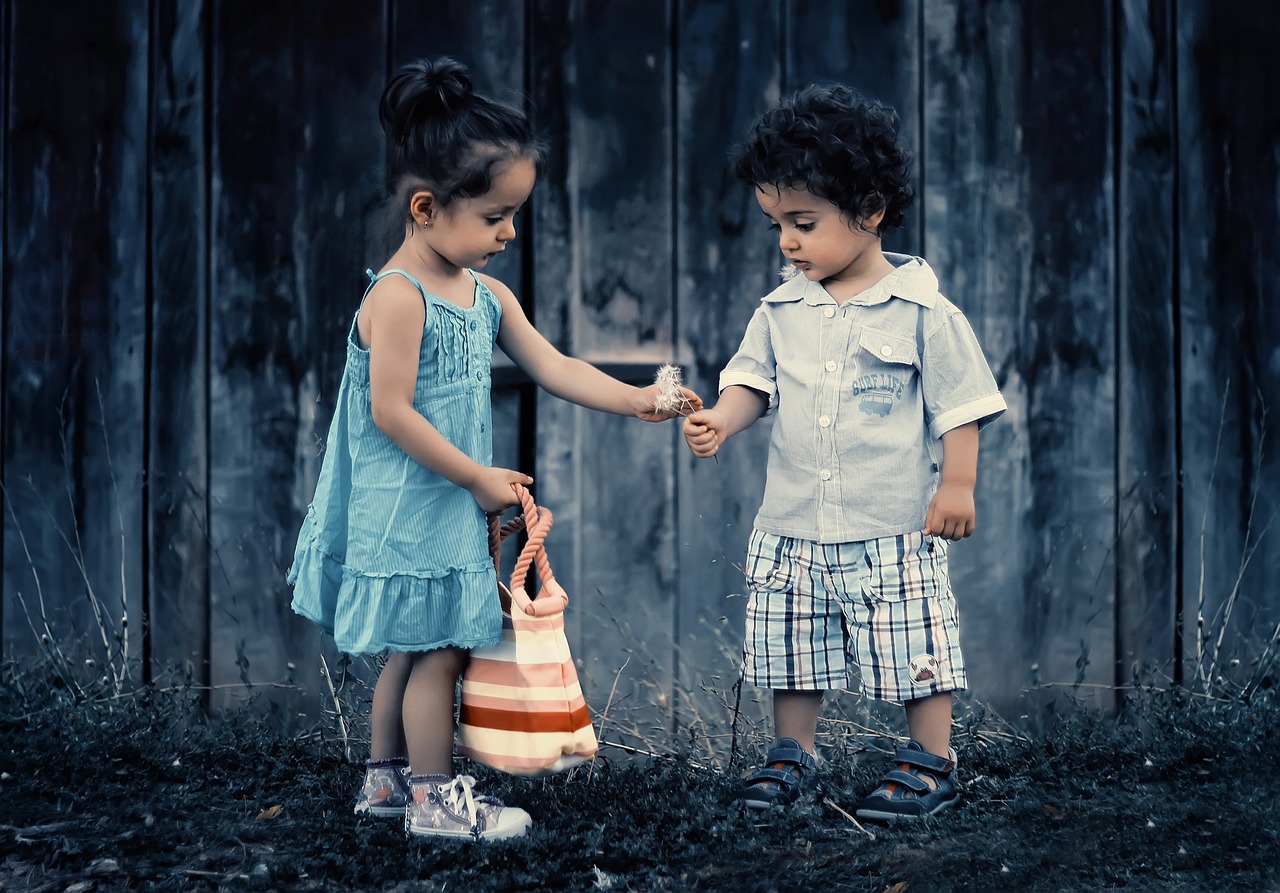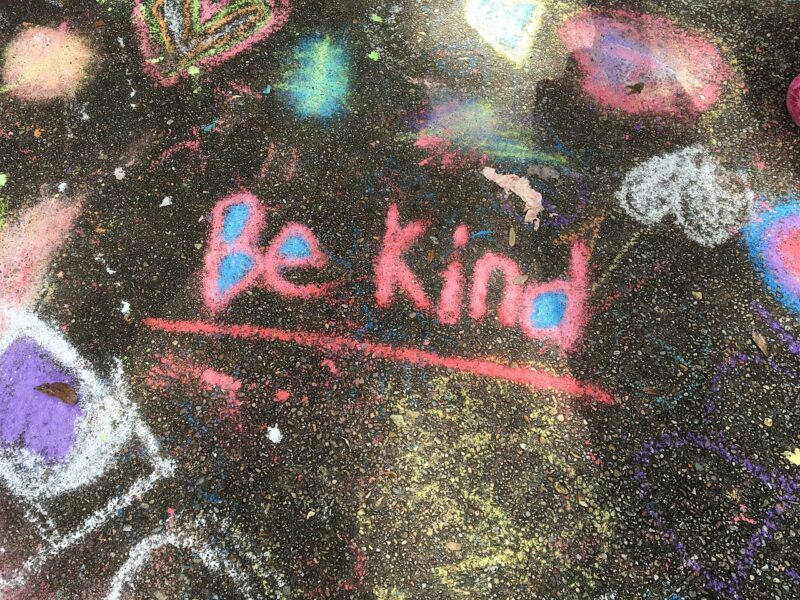
Soft skills are an integral part of the world. Whether you’re working, volunteering, or relaxing, these skills can make life more bearable for many people. Even introverts who prefer not to communicate with humans may need to exhibit soft skills in their emails or texts—just saying.
In my November blog post, I touched on a few of the soft skills I learned while growing up on a farm. This month, I want to expand on the soft skills I acquired early in life.
Communication comes to mind daily. Our society has added so many layers of communication. It’s challenging to encourage people to retain basic verbal communication skills along with innovations to communicate non-verbally.
I grew up in a small town. I knew most of my classmates from first grade to senior year in high school. There were several opportunities to participate in after school. Music lessons, church activities, sports, Boy Scouts, if you were a boy (I don’t remember Girl Scouts,) and 4-H were some of the opportunities I recall. I did several of the above, but my 4-H experience had a significant impact on me. No, I didn’t raise pigs or show cows. I’ll let you in on the other side of 4-H— it was a club. We had meetings, fundraisers, competitions, and camps. I’ll enlighten you on how soft skills were an underlying theme.
The 4-H motto is “To Make the Best Better.
The 4-H pledge is “I pledge my head to clearer thinking, my heart to greater loyalty, my hands to larger service, and my health to better living for my club, my community, my country, and my world.”
In 4-H, we worked on various projects individually and cooperatively—Soft Skills needed in today’s world. We each had a project of interest we were expected to enter in a district competition. We researched our subject matter and had a 10-minute speech to memorize and present in front of several judges. This activity required us to use eye contact, attack our fear of performing in front of others, and perfect our Presentation Skills. Today, these are considered best practices in our classrooms.
Time Management —Soft Skills —was involved. Deadlines for learning our speeches, deadlines for making scrapbooks that supported our project—Soft Skills we didn’t know we needed.
Let’s not forget fundraisers. It’s the law of the land that every club must have one. Whoever thought selling lightbulbs would be a profitable way to raise money for a club must have been from the dark ages. But our leaders expected us to go door to door and sell. We had no idea what soft skills we were acquiring.
There were rules. First, we always went with a buddy. We knocked on the door and waited for some people to answer. No Ring Doorbells then. We introduced ourselves and maybe even mentioned our relatives’ names. Back in the day, everyone knew everyone. We had a rehearsed speech to discuss our product and how it benefited our club. We learned to take rejections with a smile and bid the old curmudgeons a good day. Our parents did not sell our products at their places of work. Looking back, it wasn’t about the money. The skills we were learning were the goal. I admire my neighbors who have their kids come by and sell their club’s merchandise. Just like the folks who purchased lightbulbs, I’ll support the youth of our community and the effort they put forth to practice these communication skills, whether I need their wares or not.
In college, I joined a sorority. It was a natural transition for me. Being part of a group with standards to live by and goals to achieve. I learned how to connect with people similar to me and those who may have different backgrounds or views in life. Working with others allowed me to exercise empathy, build relationships outside my comfort zone, and learn how to solve problems. Membership and leadership within the sorority required me to use the soft skills I acquired earlier.
We had a specific philanthropy that we supported—oh yes, fundraising again. However, this time I sold Krispy Kreme Doughnuts—they may have sold themselves with Soft Skills having a minor role.
I applaud the parents, teachers, coaches, mentors, role models, and volunteers who encourage young people to acquire Soft Skills. The benefits of these skills will take them to a whole different level as they go through life.
Teach communication skills in various circumstances. Allow children to practice giving a firm handshake and looking others in the eye. Teach them how to write a thank you note, email, or text to acknowledge others.
Communication skills are utilized in every walk of life—just saying.
What is your experience with communication skills? Please leave a reply below. Inquiring minds would like to know your thoughts.




Thank you for sharing your message on soft skills. Oh you touch on my memories of selling light bulbs when I was growing up. I was in Camp Fire Girls as well as MYF at church. Apparently this was the popular items back then because we sold these items for many years. As we continue to sell these every year and as I was getting older I did not enjoyed selling these items to my neighbors again. However, some continued to buy but others did not saying that they still had some from last year. It was a learning experience that followed throughout my life. Once again thank you for sharing your thoughts and talents. Have a blessed and safe weekend.
H. Chisholm
Heidi, I can’t believe that you also sold lightbulbs! Those sweet people that bought them to invest in our clubs, were saints. I’m sure they had to store them with previous purchases. I’m not going to mention the lack of variety. LOL Thank you for sharing that with me.
As an assistant manager at JoAnn’s, part of my job was to hire and train new employees. Oh my, so many had no idea what these skills were and how to implement them. Great job explaining these desperately needed skills.
Kitty, I am sure you were a fantastic trainer. You have so many experiences and skills to offer. It’s funny how many people are lacking in some areas. I’m not judging, just observing. LOL
Deanna, my parents modeled and instructed me to develop effective communication skills. Like you, I participated in church, school, and 4-H activities. As an educator, God helped me develop additional skills based on childhood experiences which still serve me well. I agree these skills are important for children and adults! Loved your post!
Jeannie, I knew there was a reason I connected with you! It’s funny how we begin to remember the influences in our lives as we grow older. Thank you for you compliment. You,my friend,encourage me.